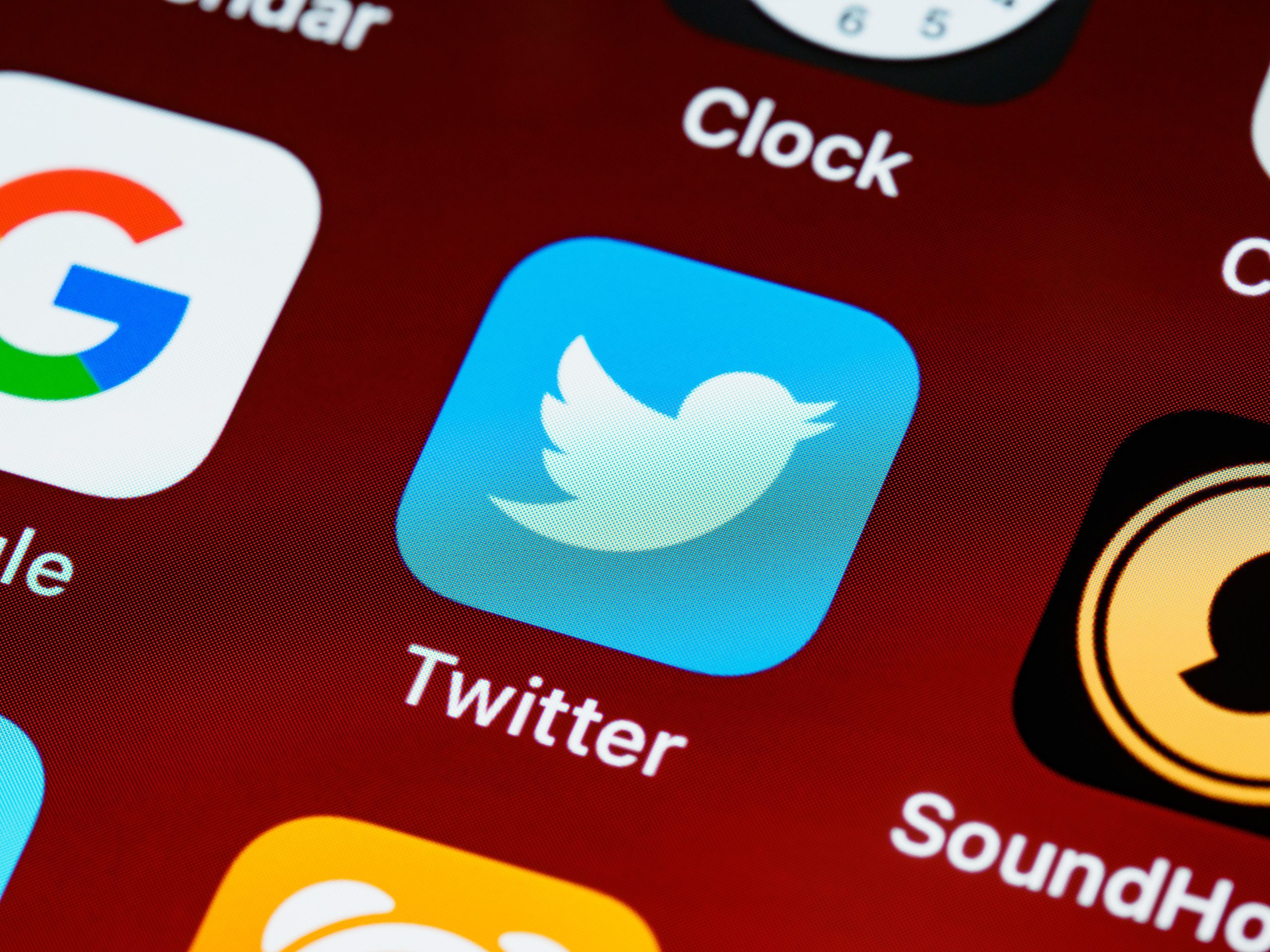Twitter recent change in its advertising policy to allow cannabis ads on its platform in states where cannabis is legal has caught the attention of cannabis brands, and many are now taking advantage of the shift. The change, deemed a move to “relax” its cannabis ad policy, has opened up a new advertising opportunity for brands in the cannabis industry. The move has also been welcomed by cannabis consumers as it provides them with an educational approach to the subject. In this article, we will explore Twitter’s decision, what it means for cannabis brands, and how they are planning to leverage this new opportunity.
Top Reads: High Street Cannabis Sativa-Dominant III Pack Pre-Rolls: A Powerhouse Variety Pack
Cannabis Brands on Twitter
THC-infused edible brand Kiva, cannabis-infused beverage brand Cann, and marijuana dispensary Curaleaf are among those eyeing advertising on Twitter. Meanwhile, Denver-based Balanced Health Botanical’s CBDistillery became the first CBD brand to launch Twitter cannabis ads this month. These brands see Twitter advertising as a way to tap into an audience within the cannabis industry and get the attention of consumers outside of their niche.
Pre-ban Advertising for Cannabis Brands
Before the cannabis ad ban was lifted on Twitter, brands were already running organic marketing campaigns on social platforms including Instagram, TikTok, and Facebook to build awareness among adult audiences. However, it was challenging for brands looking to advertise cannabis products. For example, brands could advertise hemp products on Meta-owned platforms, but there were restrictions on geographical targeting and content, and they couldn’t advertise hemp products containing THC or CBD. Despite the fact that New York State legalized cannabis use for adults, TikTok restricts public service announcements regarding drugs.
Requirements for Cannabis Brands Advertising on Twitter
For cannabis companies to advertise on Twitter, they must be pre-authorized by the platform and meet other requirements, including being licensed by the appropriate authorities and targeting audiences only in jurisdictions where they are licensed to promote their products or services online. Twitter also prohibits advertisers from making efficacy or health claims about cannabis products or depicting their use in their ads.
Advertising Approaches by Cannabis Brands on Twitter
For Kiva, director of e-commerce Aaron Rivadeneyra said the brand has had a strong organic presence on all social media platforms that allow cannabis, with Instagram being its most engaging social media platform. Rivadeneyra added that Kiva has stayed away from direct product sales marketing. Ashley Fields, svp of marketing and communications at Cann, said that prior to the lift of the ban, the brand was leveraging TikTok with short-form video content and Instagram to attract adults of drinking age. However, she said she observed a shift in 2021 regarding a demographic looking for an alternative to alcohol.
Cann has tapped celebrities including actors Gwyneth Paltrow, Kate Hudson and Adam DeVine and basketball player Baron Davis to broaden the brand’s reach to new and curious audiences on a state-by-state basis.
Advertising Budgets by Cannabis Brands on Twitter
According to MJBizDaily, Twitter is offering an advertising incentive for cannabis brands through March 31, and will match new advertising spend up to $250,000 on a one-to-one basis over the course of six weeks. Although some cannabis brands have declined to share details on how much they will be spending on Twitter, Rivadeneyra shared that Kiva increased its digital budget by four times and that the brand plans to spend 30% of its advertising budget on the platform. Lynch said Curaleaf opted to spend “a larger amount than they typically would” to get familiar with the platform.
Conclusion
In conclusion, Twitter’s decision to allow cannabis advertising is a significant shift in its policy, and cannabis brands are taking advantage of this opportunity to reach new audiences and grow their business. While the restrictions on advertising cannabis on social media still pose significant challenges, brands are finding creative ways to navigate them and create effective campaigns. With the cannabis industry rapidly growing and evolving, Twitter’s policy change is a step forward for the industry and a sign of things to come.




COMMENTS